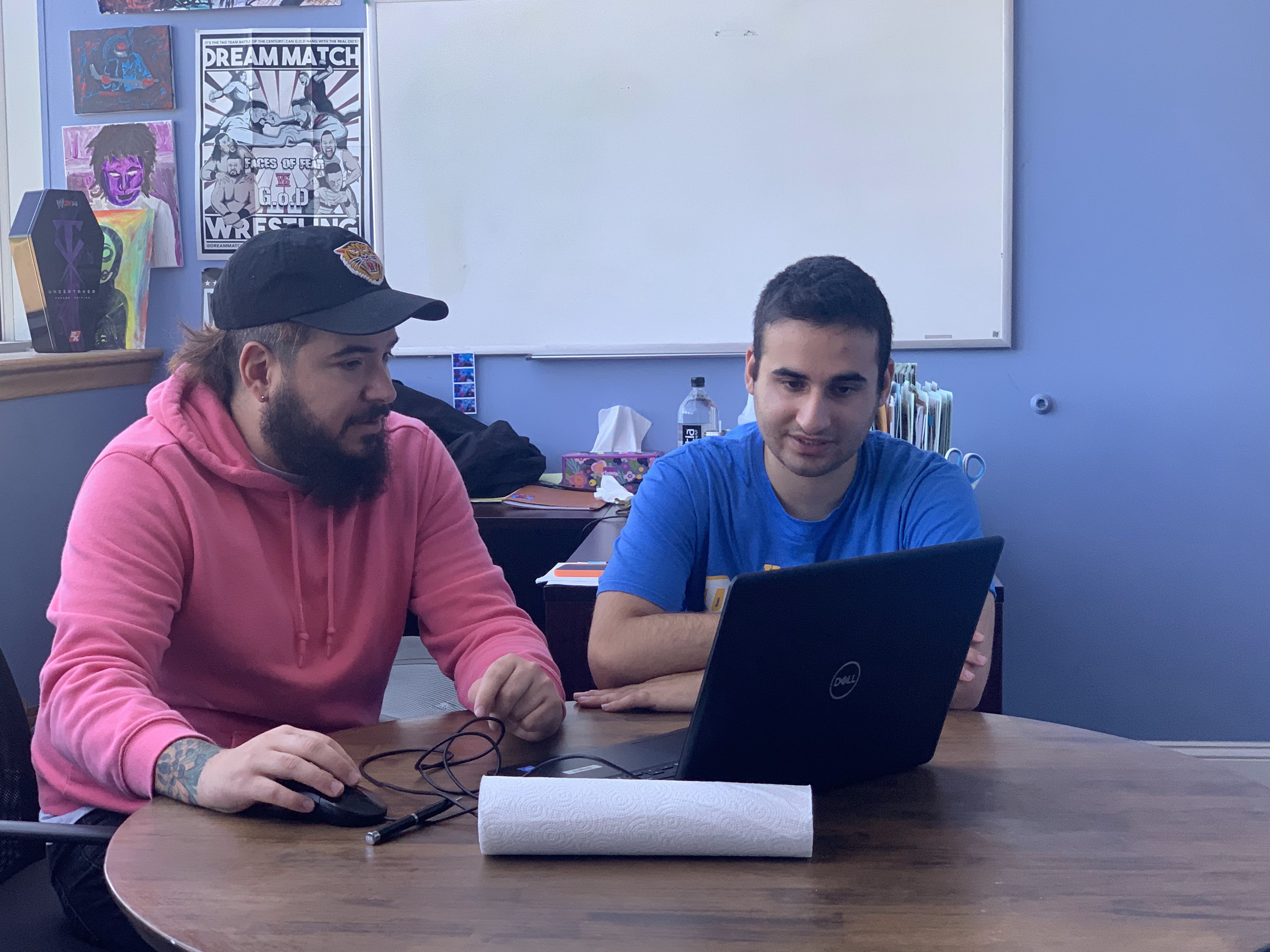
As a parent, watching your autistic child step into college can evoke a mix of pride and apprehension. You’ve seen them overcome hurdles, yet college presents a new realm of challenges.
Students on the autism spectrum often struggle with navigating social nuances, sensory overload, and the unstructured nature of college. These difficulties can hinder their academic and social success. In fact, only 41 percent of students with disabilities graduate with a degree.
However, colleges are increasingly becoming more accommodating to neurodivergent students. In addition, there are ways to equip and empower your young adult with autism for college. By understanding the challenges they will face and preparing your child with tailored support, you can help them succeed in this new chapter of their lives.
Encourage Them To Utilize Support Services
IEPs don’t continue into college and, for the first time for many autistic young adults, they will be without the mandated support they had received since early childhood. For that reason, encouraging your autistic young adult to utilize college support services is a key step in preparing them for academic success.
These services are a vital resource, offering specialized assistance tailored to their unique needs. From academic tutoring that helps bridge learning gaps to counseling services for emotional support, these resources are designed to ensure your child doesn’t feel overwhelmed.
These services are also instrumental in securing necessary accommodations, ensuring your child has the support needed to thrive both academically and socially.
Offer Them Gradual Responsibility
If you still have some time before college begins, gradual responsibility can be key in helping autistic students adapt to college life. Start by introducing organizational tools like visual timers and planners, which can help them manage their time and tasks more effectively. This fosters a sense of independence and control over their daily activities.
Encourage them to take responsibility for their actions, especially in managing deadlines. This approach helps them understand the consequences of their decisions, a vital skill for college success.
Additionally, involving them in household chores reinforces the importance of routine and responsibility, further preparing them for increased independence.
Promote Self-Advocacy
Promoting self-advocacy in autistic young adults is essential, especially in a college setting where they must navigate accommodations independently. If your child is still in high school, involve them in IEP meetings to give them a chance to learn how to articulate their needs and understand their rights. This experience can be crucial when they need to approach college professors to disclose their diagnosis and request accommodations.
Professors typically won’t communicate without the student’s permission, making it vital for the student to be able to advocate for themselves to ensure their needs are met and accommodations are followed through.
Focus On Their Strengths
Focusing on their strengths is a powerful way to bolster the confidence and motivation of young adults with autism, especially when so many struggle with self-esteem and anxiety. Emphasizing areas where they excel, whether in a specific academic subject or a creative hobby, can create a positive feedback loop that enhances their self-esteem.
This approach encourages them to engage more deeply in areas they are passionate about, providing a solid foundation for both their academic and personal growth. By recognizing and nurturing these strengths, parents can help their children build resilience and a strong sense of self, essential for success in college and beyond.
Successfully supporting an autistic young adult through college involves a blend of support and letting go. Gersh Experience is a one-of-a-kind program developed to make the transition into adulthood a smooth one. Our program provides academic guidance and counseling to meet each participant’s needs as they attend college courses, offering them the support they need while simultaneously promoting independence.
To determine if this program is a fit for your young adult, reach out here.
Resources:
https://childmind.org/article/going-to-college-with-autism/#:~:text=When%20your%20child%20with%20autism,have%20happy%2C%20successful%20college%20experiences.
https://www.verywellhealth.com/going-through-college-with-asperger-syndrome-260485
https://sparkforautism.org/discover_article/autism-and-the-college-experience/